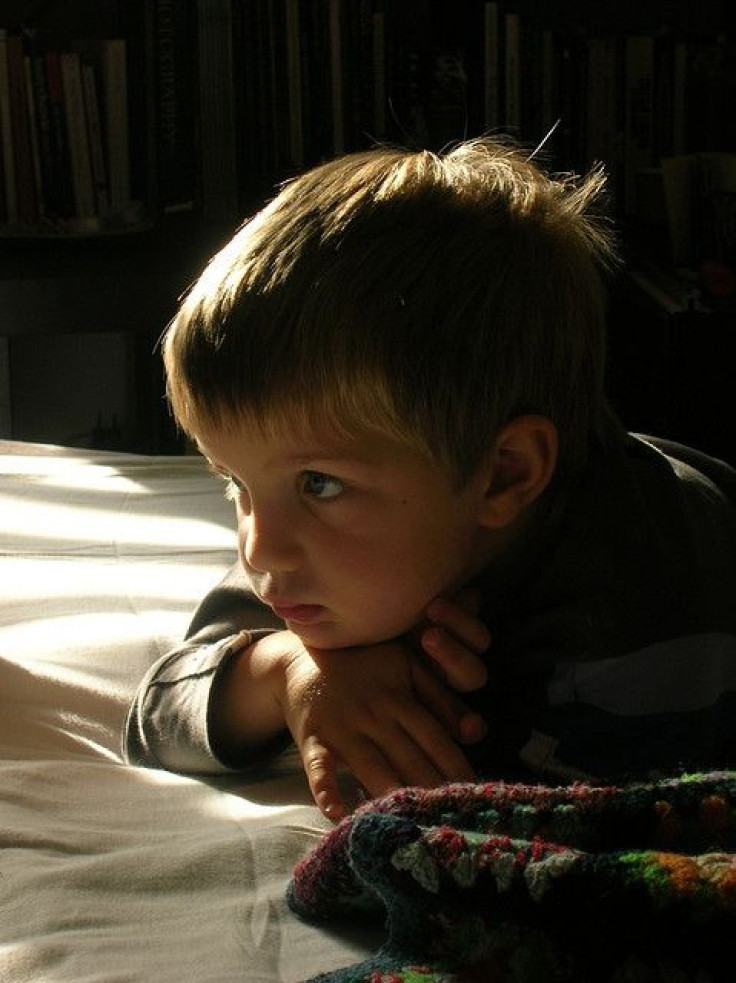Sibling Bullying Should Worry Parents More Than Peer Aggression Toward Their Children

Researchers from the University of New Hampshire's (UNH) Crimes against Children Research Center have discovered a link between sibling bullying and signs of poor mental health. Their findings suggest parents and caregivers should be taking this issue just as seriously as peer bullying, which often receives more of the media's attention.
"If siblings hit each other, there's a much different reaction than if that happened between peers," said the study's lead author Corinna Jenkins Tucker, associate professor of family studies at UNH.
"It's often dismissed, seen as something that's normal or harmless. Some parents even think it's beneficial, as good training for dealing with conflict and aggression in other relationships."
Tucker and her colleagues drew data from the center's National Survey of Children's Exposure to Violence (NatSCEV) for the basis of their analysis. Their 3,599 survey respondents were sorted into one of two groups, one month to age nine (children) and age 10-17 (adolescents).
The research team set out to examine the effects of certain aggressive behaviors that may lead to a strain on someone's mental health. These behaviors included physical assault with and without a weapon or injury, property aggression like stealing something or breaking a sibling's things on purpose, and psychological aggression such as saying things that made a sibling feel bad, scared, or not wanted around.
"Even kids who reported just one instance had more mental health distress," added Tucker.
"Our study shows that sibling aggression is not benign for children and adolescents, regardless of how severe or frequent."
The results of their analysis showed that 32 percent of children and adolescents were affected by at least one kind of aggressive sibling behavior in the past year. However, researchers also noticed that these behaviors were more likely to have an undesirable effect on a child compared to an adolescent.
According to the American Association for Marriage and Family Therapy (AAMFT), sibling violence is generally motivated by competition or a need for control. Parents may have trouble controlling this pattern of aggression. The AAMFT advises parents to consider the following questions for guidance: "Is one child consistently a victim of the other? How often and how long has the behavior been occurring? Is the behavior age appropriate?"
Source: Tucker C, Finkelhor D, Turner H, Shattuck A. Association of sibling aggression with child and adolescent mental health. Pediatrics. 2012.



























